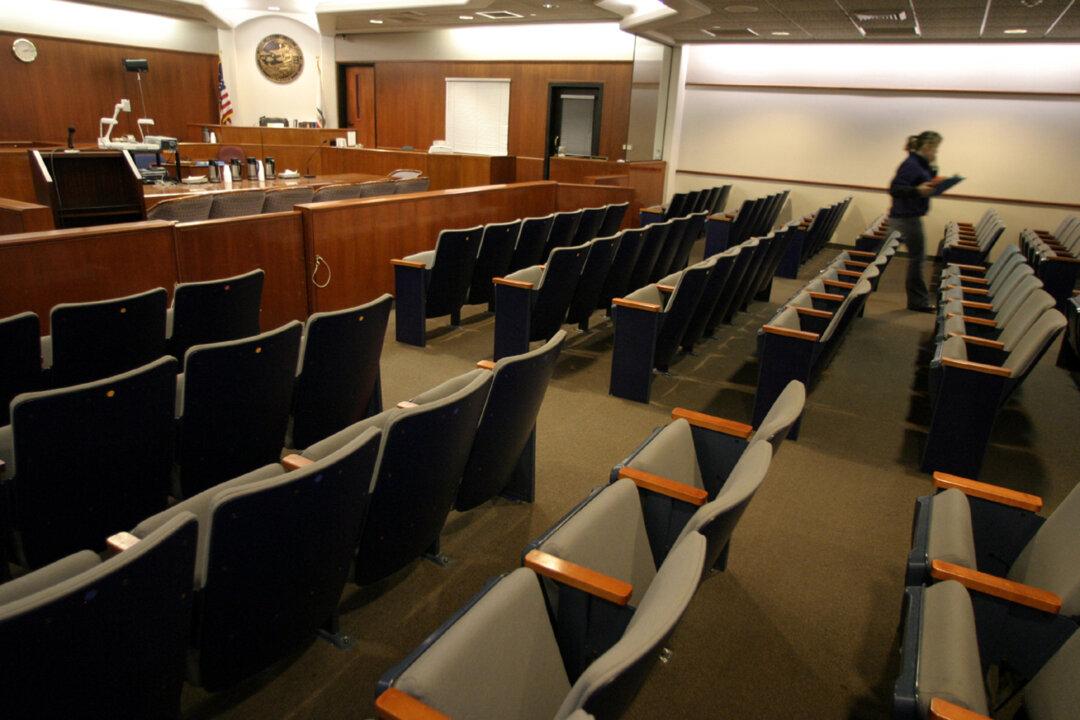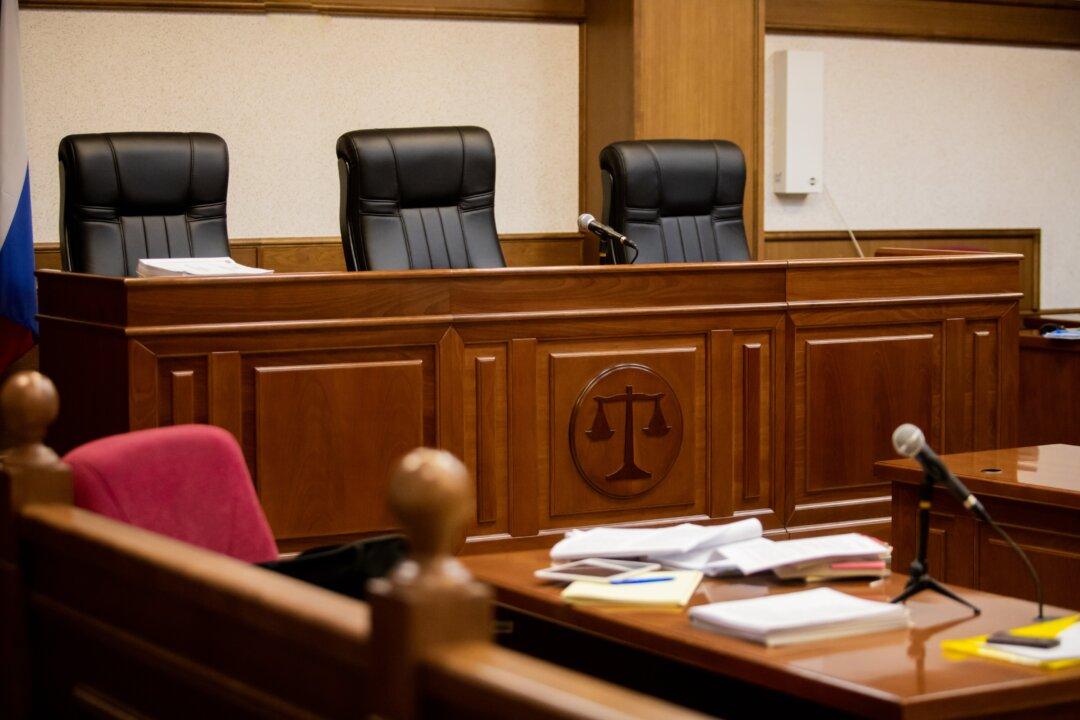First: By Avoiding Probate You Avoid the Time It Takes to Complete the Probate Process
This is important because the entire process can take months or years to complete before all the assets are finally distributed to the rightful heirs. Creditors have to be given notice of the death and have an opportunity to prove the amount they are owed from the estate. There are sometimes minimum waiting periods set by law before an estate can be closed. All this waiting means that the heirs have to wait before there is a complete distribution of the remaining estate assets to them. It is their money, but not until the court says so.
Then there is the time involved for your family. Meetings with lawyers. Court time, which in most cases ends up taking half a day per hearing due to travel time and waiting your turn in front of the judge. Probate court is often a cattle-call, with dozens of cases scheduled for the same hearing time and date. Taking time off work is usually required—not the way most of us want to spend a vacation or personal day. These all add up.
The time delay also exacerbates family relations. The longer the process takes, the more impatient people get. Maybe we should have our own lawyer, they each might think. Whenever there is more than one lawyer, there are going to be additional costs and problems. The new lawyers have to show they are doing something to earn their fees, so the mud gets stirred up.
Second: Privacy is an Issue
Court documents are public record unless the judge, in an unusual move, seals them. Anyone can take a look at the will and other paperwork, and even receive copies. They can find out who the heirs are, where they live, how much they are inheriting, and who may have been included or excluded. This information should be private, but if the estate is probated, it isn’t. Beneficiaries are sometimes subjected to unwanted solicitations from those who watch the probate filings.When a non-probate settlement method such as a trust is used rather than a will, the only people entitled to a copy of the documents are those who are specifically named in the trust, and even they only get to see the parts that pertain to them. Privacy is an advantage of trusts.





